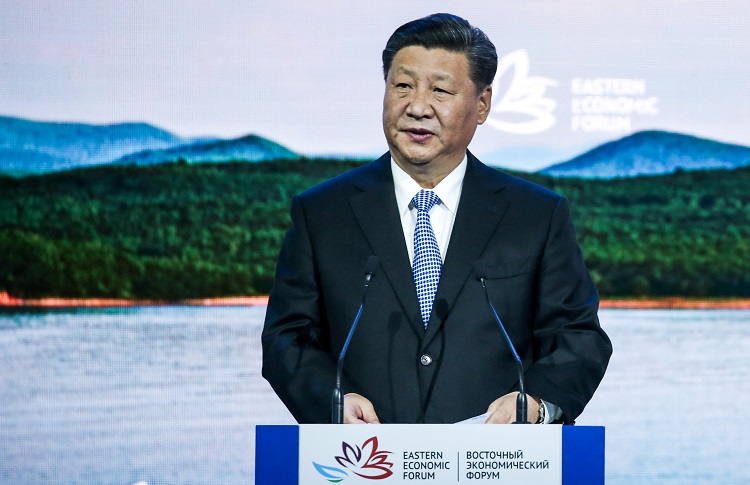Chinese President Xi Jinping is scheduled to arrive in Portugal on Tuesday to strengthen economic ties with the country amid growing concerns over China's powering influence in the European Union. President Xi will spend two days in Portugal after his visit to Spain last weekend. He is expected to meet President Marcelo Rebelo de Sousa and ink cooperation agreements.
Portugal agreed that the port of Sines will participate in the "Belt and Road Initiative" of China. Some members of the EU have threatened that the initiative is China's strategy that offers loans to build railways, roads, and ports across Asia, Europe, and Africa to strengthen its influence globally. A Portuguese newspaper opinion editorial noted how president Xi stressed the importance of China's relationship with Portugal as part of a bigger network of trade links.
The United States and other countries are questioning the integrity of China's economic ties. France and Germany initiated the agreement that European countries will regulate foreign investment specifying those that are from China. Greece, Portugal, and several eastern European countries welcomed China's influence.
According to Prime Minister Antonio Costa, Foreign investment does not worry Portugal. He added that the EU should not "take the path of protectionism" in the face of globalization. Portugal is one of the poorest countries in Western Europe. The country decided to accept China's investment after its economic fall in 2008 during the global financial crisis. The country received a rescue package amounting to 78 billion Euro from the EU-IMF, however, it came with strict policies including a wide range privatization program. The fall of its economy opened the doors to China's investment.
ESADE business school reported that China's investment in Portugal reached 3.6 percent of the country's GDP from 2010 to 2016. China owns 28 percent stake in Portugal's largest energy utility firm, the Energias De Portugal (EDP), through the China Three Gorges and the China National Investment Corporation (CNIC). China also has shares in the Banco Comercial Português (BCP), the country's biggest private bank and the Fidelidade, its top insurance firm.
According to Luis Castro Henriques, head of Portugal's trade and investment agency Aicep, Chinese investment in the country has been good for the country. He added that Portugal now wants to attract large-scale industrial investment notably in the automobile and agro-food sectors. China is now the eleventh largest trade partner of the country.





